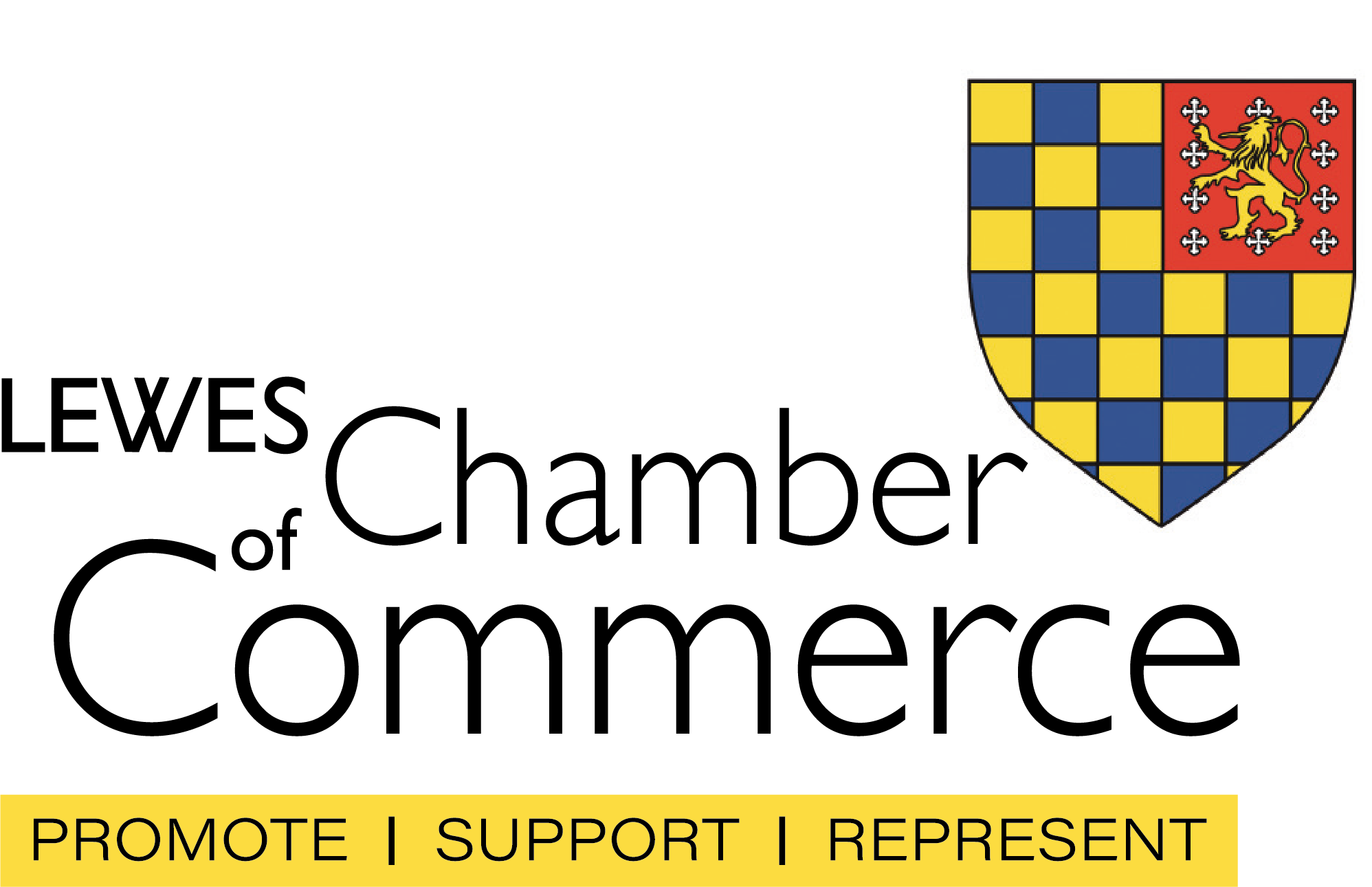While there has only been 40 confirmed cases, but also, sadly, one death in the UK from Covid-19, three of those infected are from West Sussex or Surrey.
Back as early as 12th February, the BBC were reporting that five (of the then eight) cases in the UK were linked to Brighton. So, Covid-19 is not just something that is happening “elsewhere” in the country, it is on our doorstep, and we should all take precautions to protect ourselves and stop the virus spreading.
As a Chamber, we feel it is our duty to ensure our members (and the wider Lewes business community) get the best information, rather than relying on the myriad of myths and false information that is currently being spread on social media and similar.
The following guidance and advice comes from the NHS Coronavirus page.
Symptoms
The symptoms of coronavirus are:
- a cough
- a high temperature
- shortness of breath
But these symptoms do not necessarily mean you have the illness. The symptoms are similar to other illnesses that are much more common, such as cold and flu.
How coronavirus is spread
Because it’s a new illness, the NHS does not know exactly how coronavirus spreads from person to person. Similar viruses are spread in cough droplets. It’s very unlikely it can be spread through things like packages or food. Viruses like coronavirus cannot live outside the body for very long.
Do you need to avoid public places?
Most people can continue to go to work, school and other public places. You only need to stay away from public places (“self-isolate”) if advised to by the 111 online coronavirus service or a medical professional.
Follow these points to cut down your chances of getting the virus:
- If you sneeze or cough, cover your mouth and nose with a tissue, or your sleeve (not your hands).
- Put used tissues in the bin immediately
- Wash your hands with soap and water often (and for at least 20 seconds). Use a hand-sanitiser gel if soap and water are not available.
- Try to avoid close contact with people who are unwell.
- Do not touch your eyes, nose or mouth if your hands are not clean.
- The NHS has set up a specific Covid-19 online service, so if you suspect you have the symptoms or you believe you may have been exposed to the virus when travelling, go to the NHS Coronavirus online service. DO NOT visit a pharmacy, hospital or GP surgery.
Travelling abroad
If you are soon to be travelling abroad, we would suggest you visit the .GOV Foreign Travel Advice for the latest information, on a country-by-country basis.
If you have just returned to the UK or you are a visitor/tourist to the UK, if you have come from one of the high-risk countries, you may need to get medical advice. The countries listed below are considered high risk, and if you have been to one of them in the last fourteen days you should go to the NHS Coronavirus online service:
- Cambodia
- China
- Hong Kong
- Iran
- Italy (currently only if you were in the northern part, so north of Pisa, Florence and Rimini)
- Japan
- Laos
- Macau
- Malaysia
- Myanmar
- Singapore
- South Korea
- Taiwan
- Tenerife (currently only if you were at the H10 Costa Adeje Palace Hotel)
- Thailand
- Vietnam
This list is regularly being reviewed and updated HERE.
How will this affect my business?
For those members who have employees, the ACAS website gives the following guidance.
It’s good practice for employers to:
- keep everyone updated on actions being taken to reduce risks of exposure in the workplace
- make sure everyone’s contact numbers and emergency contact details are up to date
- make sure managers know how to spot symptoms of coronavirus and are clear on any relevant processes, for example sickness reporting and sick pay, and procedures in case someone in the workplace develops the virus
- make sure there are clean places to wash hands with hot water and soap, and encourage everyone to wash their hands regularly
- provide hand sanitiser and tissues for staff, and encourage them to use them
- consider if protective face masks might help for people working in particularly vulnerable situations
- consider if any travel planned to affected areas is essential
Employers must not single anyone out. For example, they must not treat an employee differently because of their race or ethnicity.
You can find a lot more information regarding sick pay, employees who become ill while at work, etcetera on the ACAS Coronavirus page
If we all take sensible precautions, we can help stop (or at least slow) the spread of Covid-19, and keep ourselves well.
